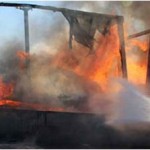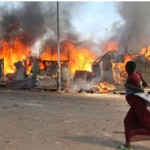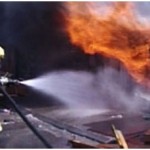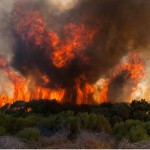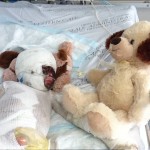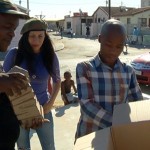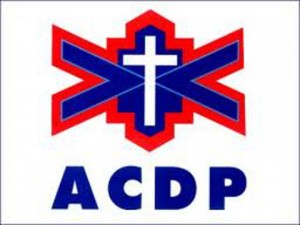Each winter in South Africa, thousands of people are affected by shack fires that spread seemingly unchecked from one shack to another, engulfing dozens in a matter of minutes. Burns are one of the major causes of death and injury to South African children. This week’s Special Assignment is dedicated to the victims of these fires and looks at a way of preventing them from spreading in the future.
In April 2012, eight-year old Michelle Motibi suffered third degree burns to 86 percent of her body after a shack she was locked in caught fire. She was given little chance of survival but stubbornly clung to life in the Red Cross Children’s Hospital. Days later, fifteen-year old Andrew Meddick was losing his battle to live after contracting viral encephalitis. Although registered as an organ donor, the only organ unaffected by the virus was his skin, which his mother, Shelley Mackay-Davidson, donated to Michelle, the tiny burn survivor.
Michelle is one of thousands of burn survivors in South Africa yet South Africa does not have a skin bank which, in the case of serious burns, makes the difference between life and death.
Those worst affected by fire are people from disadvantaged communities, living in shacks. In winter they use available sources of energy for heating, like paraffin, and candles for lighting, both of which lead to an escalating number of fires. Across South Africa between 2000 and 2015, over 500 000 people were made homeless by fires. With the increase in urbanisation, shack fires are on the rise and disaster management services are struggling to cope. Cape Town, for example, has spent R300 million on fire and rescue services since 2006. Last year, the City responded to 1,177 fire incidents in informal settlements.
Fires are entirely preventable disasters. Special Assignment looks at what effective awareness, prevention and support strategies are in place to deal with them.
Watch “AFTER BURN” produced by Hazel Friedman, broadcast on Special Assignment – Sundays on SABC 3 at 20h30. Repeated Wednesdays at 23h30.

